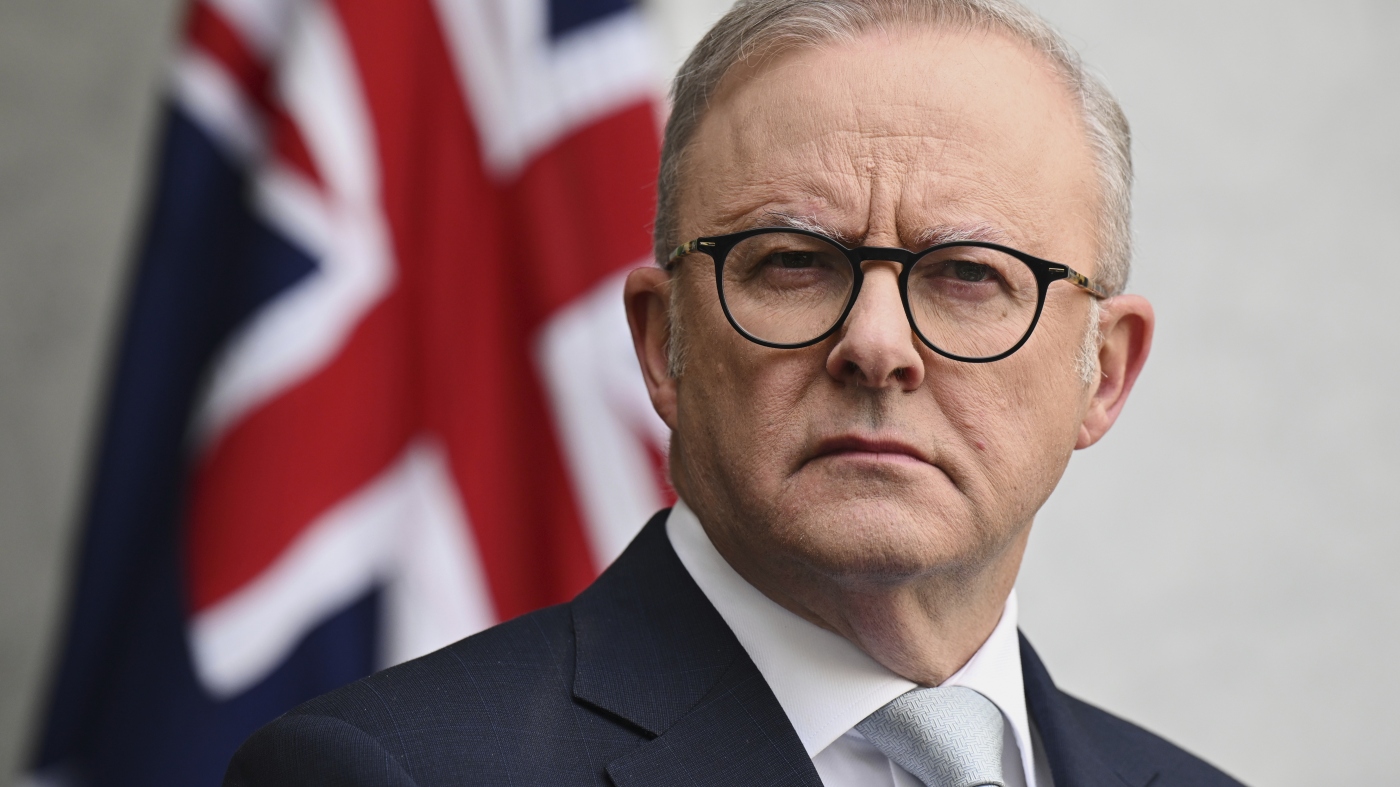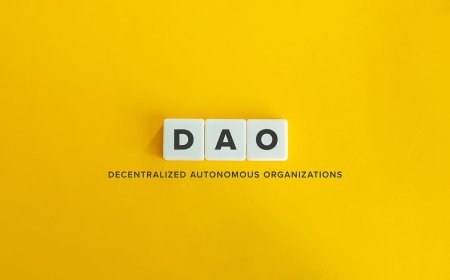Australia Severs Ties with Iran After Accusations of Orchestrating Antisemitic Attacks

Australia's Prime Minister, Anthony Albanese, has accused Iran of orchestrating two antisemitic attacks on Australian soil, leading to a significant diplomatic breakdown between the two nations. In response to what Albanese called "extraordinary and dangerous acts of aggression," the Australian government has taken the unprecedented step of expelling Iran's ambassador. This move marks the first time since World War II that Australia has expelled a foreign envoy.
The Accusations: Iran's Alleged Role in Attacks
Prime Minister Albanese, in a public statement, said that Australia's domestic intelligence agency, the Australian Security Intelligence Organisation (ASIO), had gathered "credible intelligence" linking the Iranian government to two separate arson attacks in late 2024. The targets were a kosher food business, Lewis Continental Kitchen in Sydney, and the Adass Israel synagogue in Melbourne.
While authorities have already made arrests in connection with the attacks, ASIO's assessment indicates that these incidents were not random acts but rather part of a foreign-directed campaign to "undermine social cohesion and sow discord" within Australia. The intelligence suggests that Iran's Revolutionary Guard directed these attacks through a network of overseas intermediaries who then tasked Australian nationals to carry them out.
Australia's Diplomatic Response
In a swift and decisive reaction, Australia has effectively severed diplomatic relations with Tehran. Besides expelling the Iranian ambassador, Ahmad Sadeghi, the government has also withdrawn its own diplomats from Iran, relocating them to a third country. This has resulted in the suspension of operations at the Australian embassy in Tehran.
Furthermore, the government has issued a serious travel warning, urging Australians in Iran to "strongly consider leaving as soon as possible" due to a "high risk of arbitrary detention or arrest" for foreigners. These actions signal a complete loss of trust in the diplomatic relationship and a commitment to holding Iran accountable for its alleged actions.
Iran's Reaction and Geopolitical Context
While initial reports indicated no immediate reaction from Iran, its government has since denied the allegations. Iranian officials have called the Australian claims "unjustified" and have vowed a "reciprocal reaction" to the expulsion of its ambassador. Iran's Foreign Ministry spokesman, Esmaeil Baghaei, claimed that Australia's actions were a way to compensate for its recent criticisms of Israel, particularly its decision to recognize a Palestinian state.
This diplomatic crisis unfolds against a backdrop of heightened tensions. Australia's recent decision to recognize a Palestinian state drew a sharp rebuke from Israeli Prime Minister Benjamin Netanyahu, who called Albanese a "weak politician". The Australian government, however, maintains that its actions against Iran are a matter of national security and community cohesion, separate from its foreign policy stance on the Israeli-Palestinian conflict. This incident highlights the complex and volatile nature of international relations, where domestic security and global conflicts often intersect.
What's Your Reaction?
 Like
0
Like
0
 Dislike
0
Dislike
0
 Love
0
Love
0
 Funny
0
Funny
0
 Angry
0
Angry
0
 Sad
0
Sad
0
 Wow
0
Wow
0





















